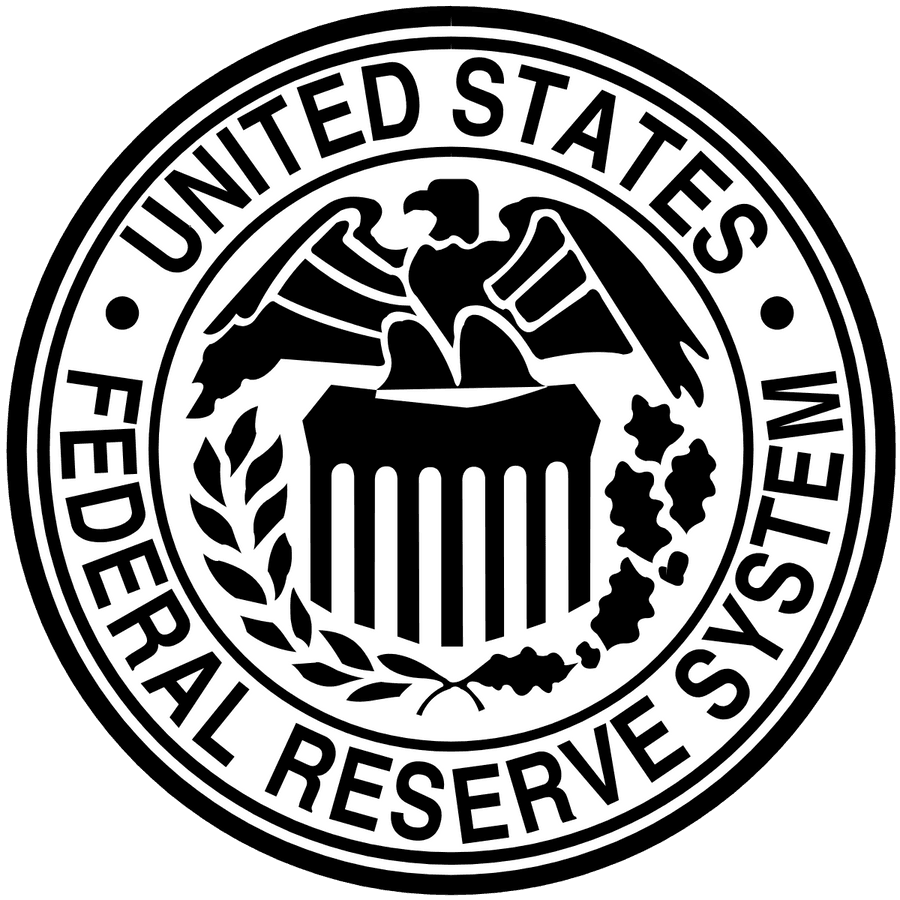When the Fed tightens, interest rates rise and the economy slows down. When the Fed eases, interest rates fall and the economy picks up. Or so it used to be. The balancing act is so difficult, and the Fed so mistrusted, that its actions often have a perverse effect. So much for simplicity. Many swear that the Fed is the root of all economic evil. In his landmark work, A Monetary History of the United States, 1867-1960 (coauthored by Anna J. Schwartz), Milton Friedman placed blame for the Great Depression squarely on the Fed (for tightening too much).
23
125 reads
CURATED FROM
IDEAS CURATED BY
These are some insights regarding economics extracted from this book. Further more about other topics is yet to come.
“
The idea is part of this collection:
Learn more about books with this collection
How to write clearly and concisely
How to use proper grammar and punctuation
How to structure a business document
Related collections
Similar ideas
The Federal Reserve
The Federal Reserve does not want to start a recession because part of its dual mandate is to keep the economy healthy. But, the Fed's dual mandate also includes keeping inflation low. A cure for rising inflation is higher interest rates, which slows the economy.
For example, in 1981, ...
Read & Learn
20x Faster
without
deepstash
with
deepstash
with
deepstash
Personalized microlearning
—
100+ Learning Journeys
—
Access to 200,000+ ideas
—
Access to the mobile app
—
Unlimited idea saving
—
—
Unlimited history
—
—
Unlimited listening to ideas
—
—
Downloading & offline access
—
—
Supercharge your mind with one idea per day
Enter your email and spend 1 minute every day to learn something new.
I agree to receive email updates
